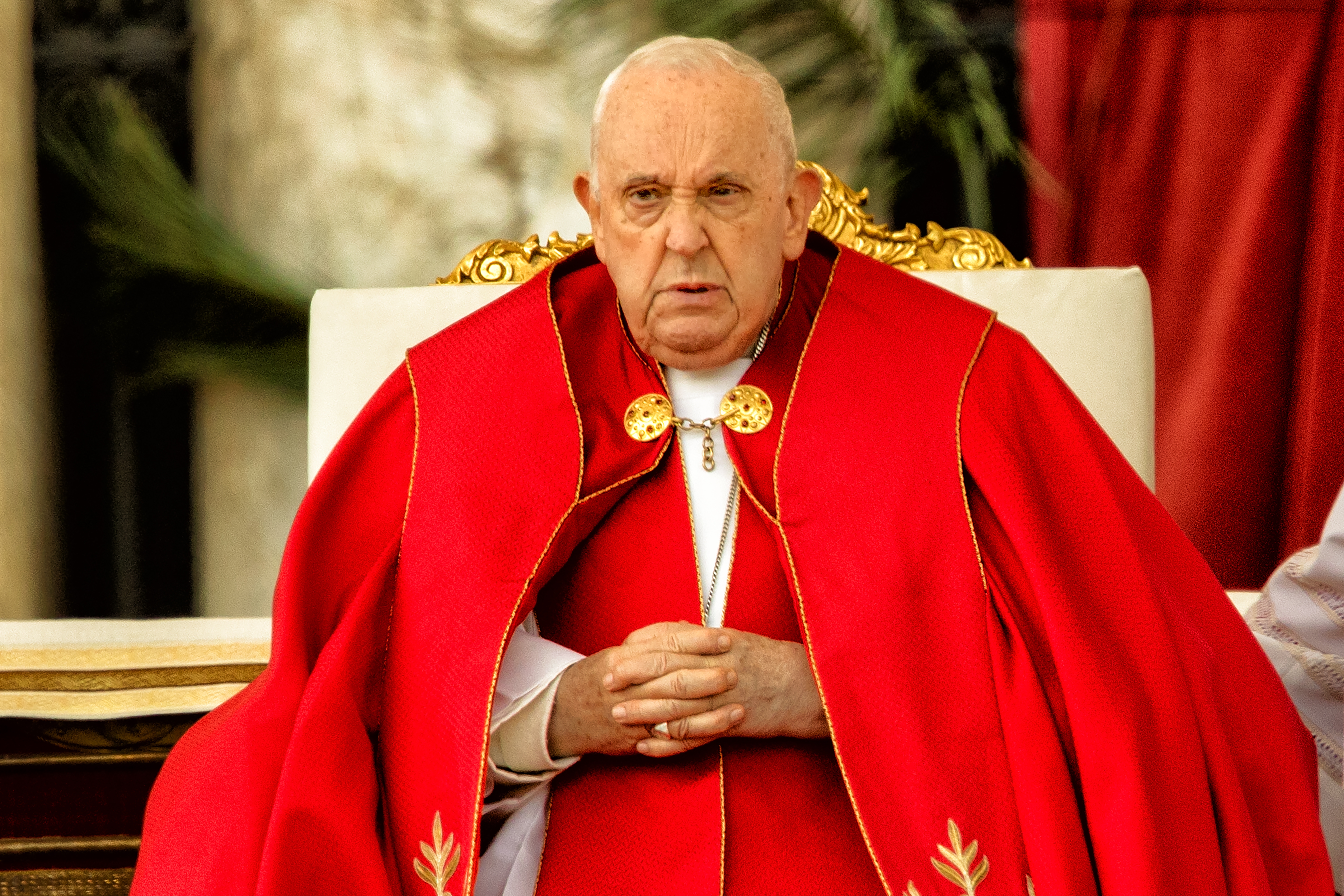Original Sin, Original Scam: Christianity’s Distortion and the Collapse of Political Economy
From mythological distortion to economic dysfunction - why the theological foundation of Christianity undermines human dignity, rational politics, and real justice

Christianity is a reinterpretation of the Book of Genesis. And one might say risking offending some - a problematic one.
It expands the story of the sin of the Tree of Knowledge to encompass all of humanity, claiming that all people are inherently flawed due to that sin, a view that runs directly counter to the message of Exodus, Leviticus, Numbers, and Deuteronomy, and certainly contradicts the moral vision of the Prophets. After establishing that all people are tainted by original sin, Christianity then breaks the balance between God and man by exaggerating and disassembling the idea of the divine image (tzelem elohim) to the point that a human being - Jesus of Nazareth - loses his image and becomes fully divine. That same man is then tasked with covering over the original sin, and how is this accomplished? By being sacrificed by his father (God) for the sins of humanity. In doing so - in the very act of Jesus’ crucifixion by his divine father - we witness a third violation, this time of the shaping moment of the Binding of Isaac, in which God commands Abraham not to sacrifice Isaac. But here, the sacrifice is not only completed - God reverses himself and is willing to sacrifice his own son.
Thus, we observe three major theological deviations:
1. An exaggerated emphasis on the sin of the Tree of Knowledge, claiming it continues across generations.
2. Severing the concept of the divine image, turning a human into God.
3. Turning that God-human into a sacrificial victim — in contrast to the story of the Binding of Isaac — in order to “fix” point 1, which was exaggerated to begin with.
The consequences of this system are self-evident:
1. A deceptive and negative view of human nature, grounded in the first command to “be fruitful and multiply,” which is tied to sexual instinct.
2. Conversely, an excessively positive view of humanity — suggesting man can suddenly become divine.
3. A fluid and inconsistent perception of God, who suddenly chooses to become human and commit self-sacrifice.
This accumulation of dysfunctional theological elements produces religious-political systems that are fundamentally unstable and rife with contradiction. They require — and perpetuate — ignorance, dysfunctional hierarchies, and mental subjugation.
Modern Political-Economic Implications
The multiplicity of these dysfunctional factors is what gives rise to theologically-political systems riddled with contradictions, which necessitate - and even enable - ignorance, inefficient hierarchies, and mental subjugation.
To understand the political dysfunction that stems from this mythical distortion, one must begin with the fact that the Genesis-based Christian myth, appropriated by the Catholic Church, creates an artificial demand for salvation from a sin that does not exist, thereby fabricating entirely imaginary relations of patronage devoid of any rational basis.
In doing so, it establishes a political economy grounded in an equation of imagined lack, generating artificial demand for a product that doesn’t exist, while granting the Catholic Church a monopoly over the fulfillment of that lack.
This was already understood by Jan Hus in the 15th century, and John Wycliffe in the 14th century. Already in the 13th century, alternative economies began to emerge in northern Italy, in the republican cities of Venice and Genoa, offering a different model than that of the Church.
Later, Calvin in the 16th century and his successors in England in the 17th century began developing a political economy freed from artificial needs, artificial demands, and centralized, unrealistic intermediaries - based instead on Hebrew/Aristotelian and pre-Catholic Latin principles.
This was an economy in which the concept of property derived from a person's labor and thought; measured by the individual and their work, not from the way an intermediary/broker assigns meaning and value to the forgiveness of sins.
Once God, according to Christianity, is portrayed as a deceiver and trickster—calling for reproduction yet declaring reproduction a sin, commanding not to sacrifice one's child yet sacrificing His own, claiming man is created in His image only to revoke that image, then the central implication is that Catholicism lacks any true concept of justice.
It has the power to control needs—but "justice" it does not have.
By contrast, Protestantism did develop a form of justice, yet it is primarily based on property and thus attempts to approximate the values of the Old Covenant.
However, in the absence of law (such as a codified halakhic system), Protestants are only able to utilize property in a secular sense, not theocratic. In essence, they can never become full theocrats, due to the intrinsic flaw of the New Testament within the complete legal-theocratic mythos of the Hebrews, which was lost to them through scriptural distortion.
Thus, we are left with a choice between a fictitious theocracy of liars and deceivers, resembling the European-Catholic model, or a secular-economic-property regime that mimics the spirit of biblical monetary laws, but without any ethical commitment to them beyond the utilitarian property functions.
Given this state of affairs, it is no surprise that fascism, Nazism, and socialism emerged in the late secular age as attempts to bypass this bottleneck by removing God from the equation and turning man himself into the mythic solution to the entrenched Catholic-Protestant dichotomy.
The problem is that, by turning man into a god in these ideologies, fascism/Nazism/socialism in fact confirmed their Neo-Catholic essence, and thus failed to bring about any real progress.
In the absence of meaningful economic implications on reality, Christianity proves to be fatally limited, and incapable of ever giving rise to a functional political economy.